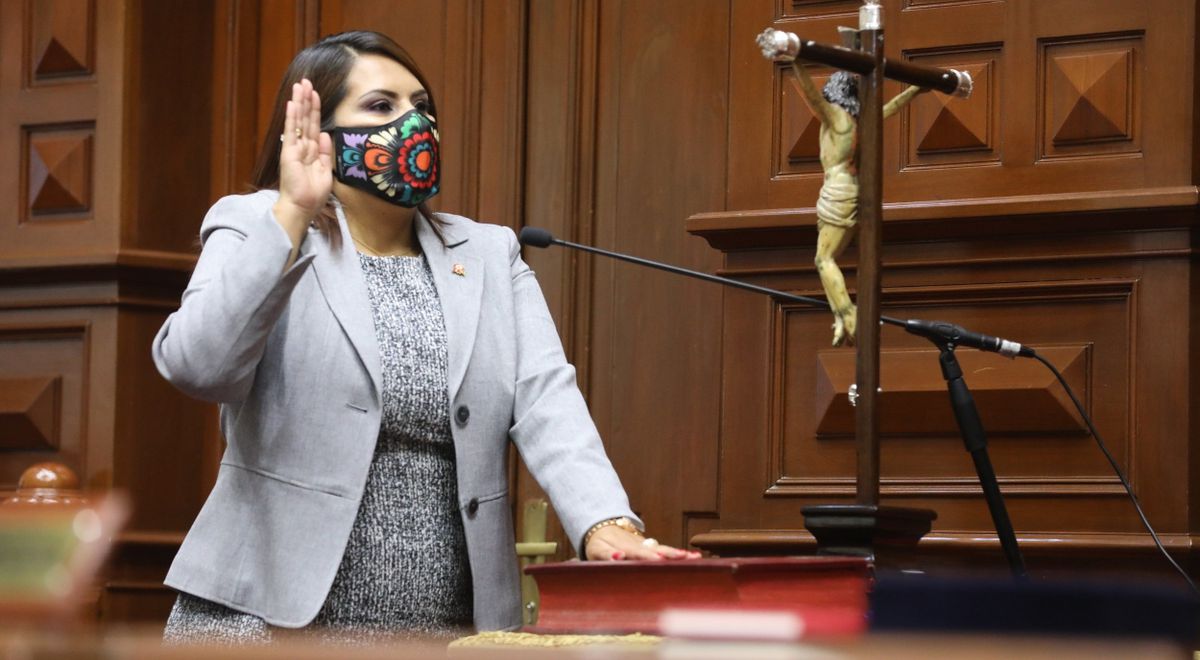The parliamentarian of We are Peru Dignified Lobaton Street presented this Monday a bill that seeks to incorporate the death penalty for the crime of rape against minors.
The document reads that the purpose of the law is “reform article 140°” of the Constitution of the country to apply the death penalty in “perpetrators of the crime against the sexual freedom of minors”. It should be noted that the aforementioned article explains that the death penalty is only applied in cases of treason against the country, when there is war, and in the crime of terrorism.
YOU CAN SEE: Produce fires a senior official who hired his son-in-law and his nephew in his office
In the statement of reasons for this constitutional reform project, the congresswoman from Somos Perú indicated the cases of rape of minors who have come out in recent days.
“The crime of rape against minors is one of the most reprehensible crimes; generates anxiety throughout society, where children and adolescents find themselves in a situation of defenselessness against the aberrations of individuals who take advantage of their vulnerability”, reads the document.
Another of the arguments set forth in the bill highlights the statistical figure of the Women’s Emergency Center (CEM) that was reported in 2021. During that year, there were 10,251 cases of rape, of which 95% “were committed to the detriment of women, girls and adolescents.”
Furthermore, it is noted that 1,436 girls and adolescents became mothers as a result of rape in 2021.
YOU CAN SEE: Cusqueños will continue to strike this Tuesday the 19th despite a meeting with Aníbal Torres
the congresswoman dignified street cited data from Public ministry. According to its report, on November 25, 2021, it revealed that every hour three complaints are received for crimes of sexual violations against girls and women, while in the complaints received between 2013 and 2018, 83.4% of the victims were minors.
In one part of the letter it also reads that “The death penalty has not been abolished in Peru”, arguing that in countries that have not ruled out capital punishment, it can only be “imposed for the most serious crimes, in compliance with the final judgment of a competent court and in accordance with a law that establishes such a penalty, issued prior to the commission of the crime. Nor will its application be extended to crimes to which it is not currently applied.”

















